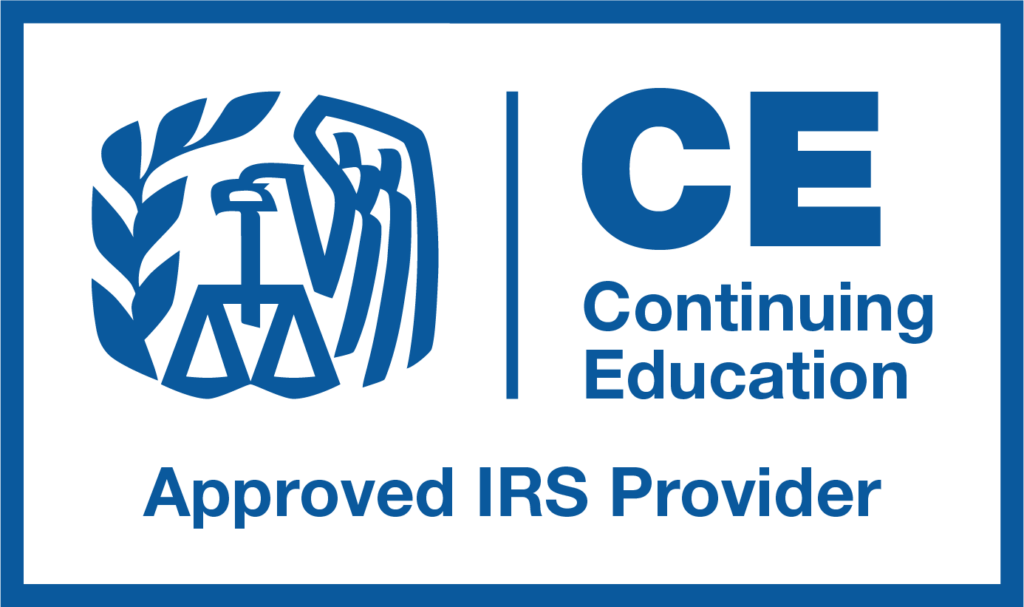
The annual global cost of cybercrime is high and getting higher all the time. In fact, cyber criminals reap a windfall from their activities that is estimated to have been $450 billion in 2015 and is anticipated to climb to an annual $10.5 trillion average by 2025. In the United States alone, the FBI received reports of 880,418 complaints involving $10.4 billion in 2023. Almost all of that cybercrime began with—and continues to start with—a social engineering concept known as “phishing.”
Certain business organizations, among which are those referred to as “financial institutions,” are charged by the FTC with taking particular steps to protect their customers’ financial information. Included in the category of financial institutions are professional tax preparers. Professional tax preparers normally maintain a significant amount of taxpayer information in various files—electronic and paper—that would be a treasure trove for cyber criminals.
In this course, tax preparers are introduced to the problem of cybercrime and its costs, offered methods that can be expected to reduce the chances of becoming a cybercrime victim, and informed of proper steps to take if they do become victims of cybercrime. Accordingly, it will examine cybercrime and will discuss:
- The extent of the cybercrime problem;
- The potential costs to a tax preparer whose taxpayer data have been breached;
- The best practices a tax preparer may implement to avoid becoming a cybercrime victim; and
- What a tax preparer should do if its taxpayer data has been breached.
No advance preparation needed
Program Level – Basic
Program prerequisites – None
Delivery method – QAS self-study
Recommended CPE credits – 3
Recommended field of study – Taxes
Course Learning Objectives
- Recognize the pervasiveness of cybercrime;
- Identify the potential costs of experiencing a data breach;
- Understand the best practices that may be implemented to protect a tax preparer from cybercrime; and
- List the responsibilities of a tax preparer who has experienced a taxpayer data breach.
Copyright 2025 by Winn Publications ALL RIGHTS RESERVED. NO PART OF THIS COURSE MAY BE REPRODUCED IN ANY FORM OR BY ANY MEANS WITHOUT THE WRITTEN PERMISSION OF THE COPYRIGHT HOLDER. All materials relating to this course are copyrighted by Winn Publications. Purchase of a course includes a license for one person to use the course materials. Absent specific written permission from the copyright holder, it is not permissible to distribute files containing course materials or printed versions of course materials to individuals who have not purchased the course. It is also not permissible to make the course materials available to others over a computer network, Intranet, Internet, or any other storage, transmittal, or retrieval system. This document is designed to provide general information and is not a substitute for professional advice in specific situations. It is not intended to be, and should not be construed as, legal or accounting advice which should be provided only by professional advisers. No advance preparation needed Program Level - Basic Program prerequisites - None Delivery method - QAS self-study Recommended CPE credits - 3 Recommended field of study - Business Management




